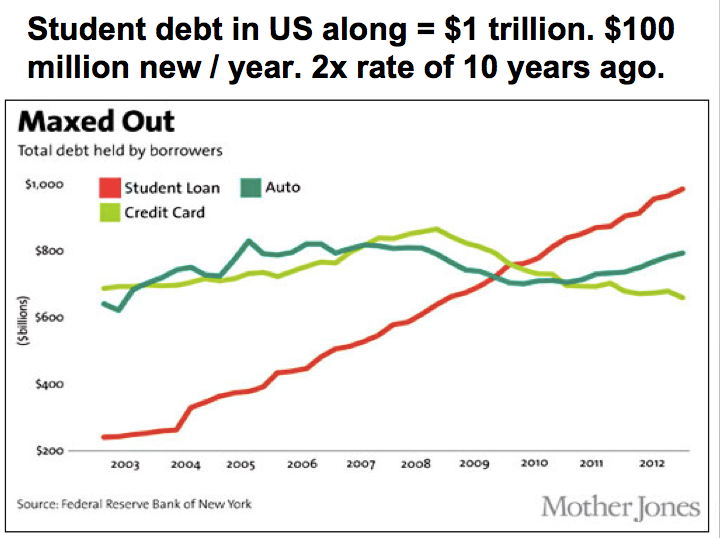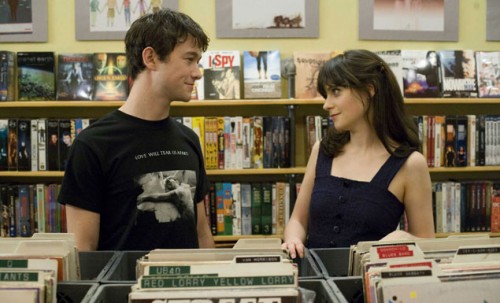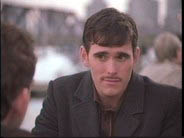
I just finished reading a fascinating book called Generation Me. It’s a non-fiction book about the youngest generation. The book dives into all aspects of this generation. It’s major parts are worth repeating:
Generation Me doesn’t need you approval. They don’t care what anyone thinks. For them social rules are out the window. It’s all about individual needs and desires. Because of this many changes in society occur from increased swearing, more self-expression, lack of respect for other individuals and social conventions. The book states right in the beginning:
July 2005, when about half the members of the Northwestern University women’s lacrosse team wore flip-flops during the White House visit
It’s all about self-esteem. Generation Me is raised to have very high self-esteem. By giving a gold star to everyone and removing the goals from the soccer field, kids are raised to think they are great – and they believe it. Because of this lots of Generation Me are narcissists. Narcissism is the darker side of the focus on the self, and is often confused with self-esteem. Self-esteem is often based on solid relationships with others, whereas narcissism comes from believing that you are special and more important than other people which is what happens when someone’s been told their entire life that they are great.

You can be anything you want to be. This is also shoved down their throats in movies, books and society. Because of this most of Generation Me thinks they’ll be famous. They all believe they’ll be an actor, artist or at least on TV.
Most people are not going to realize their dreams because most people do not dream of becoming accountants, social workers, or trash collectors…..In 2004 a national survey found that more college freshman said they wanted to be an “actor or entertainer” than wanted to be a veterinarian, a dentist, a member of the clergy, a social worker, an architect, or work in the sales department of a business
Because of this belief there is an advanced focus on appearance and materialism. However, achieving success is becoming harder and harder which leads to increase in anxiety and depression. More and more people have serious emotional problems. This is due to:
- Economics: housing, education, health care and day care costs have far outstripped inflation. Most people spend over 40% of their income on housing instead of the typical 25%. The average home costs 37% of an average person’s pre-tax income.
- Person-to-person interactions are at an all-time low. We’re malnourished from eating a junk-food diet of instant messages, email and phone calls instead of actually interacting. Relationships aren’t valued as highly. Increasingly, there’s a belief that there’s a fine line between love – and a waste of time
- Higher expectations. As Tyler Durden (Brad Pitt) says in Fight Club, “We were raised on TV to believe that we’d all be millionaires, movie gods, rock stars, but we won’t. And we’re starting to figure that out. And we’re very, very, pissed off.” All of society’s entertainment pieces show role models (read: celebrities) who are much more successful than the average person. From Cribs, Super Sweet 16 to Friends, to US Weekly.
- Because of the focus on the self, when people are fiercely independent and self-sufficient, disappointment looms large because there is nothing else to focus on when it occurs.
- Mobility stress. College admissions and jobs. They are both increasingly more selective and it’s harder and harder to standout in society as the number of people finishing both high school and college increase

After reading through the entire book, I found myself nodding my head again and again as things I see everyday start to make more and more sense. Similar to The Long Tail, Generation Me better articulates everyday patterns I’ve noticed and gives it some structure and theory. A good read – i recommend it.





![Reblog this post [with Zemanta]](http://img.zemanta.com/reblog_c.png?x-id=d89cd640-af8b-4419-b8f5-a25ab9a64cb1)
![Reblog this post [with Zemanta]](http://img.zemanta.com/reblog_e.png?x-id=4f91c751-4cdd-4625-90df-ddc6b162744b)

![Reblog this post [with Zemanta]](http://img.zemanta.com/reblog_e.png?x-id=666138e0-eb72-4248-a8d7-3d48ac9b10af)
 Last week a reporter (Robert Lanham, author of “The Hipster Handbook”) published “
Last week a reporter (Robert Lanham, author of “The Hipster Handbook”) published “

